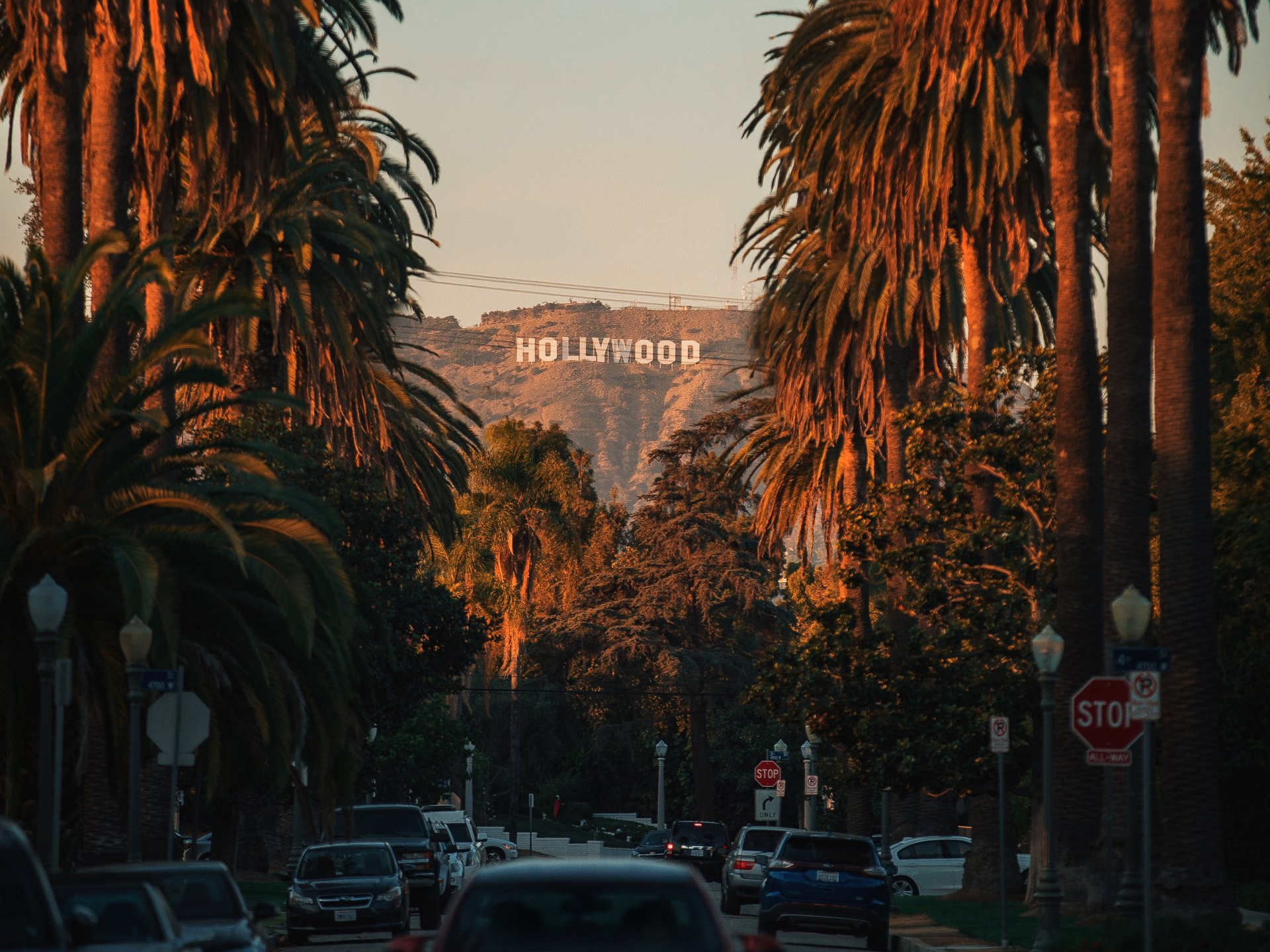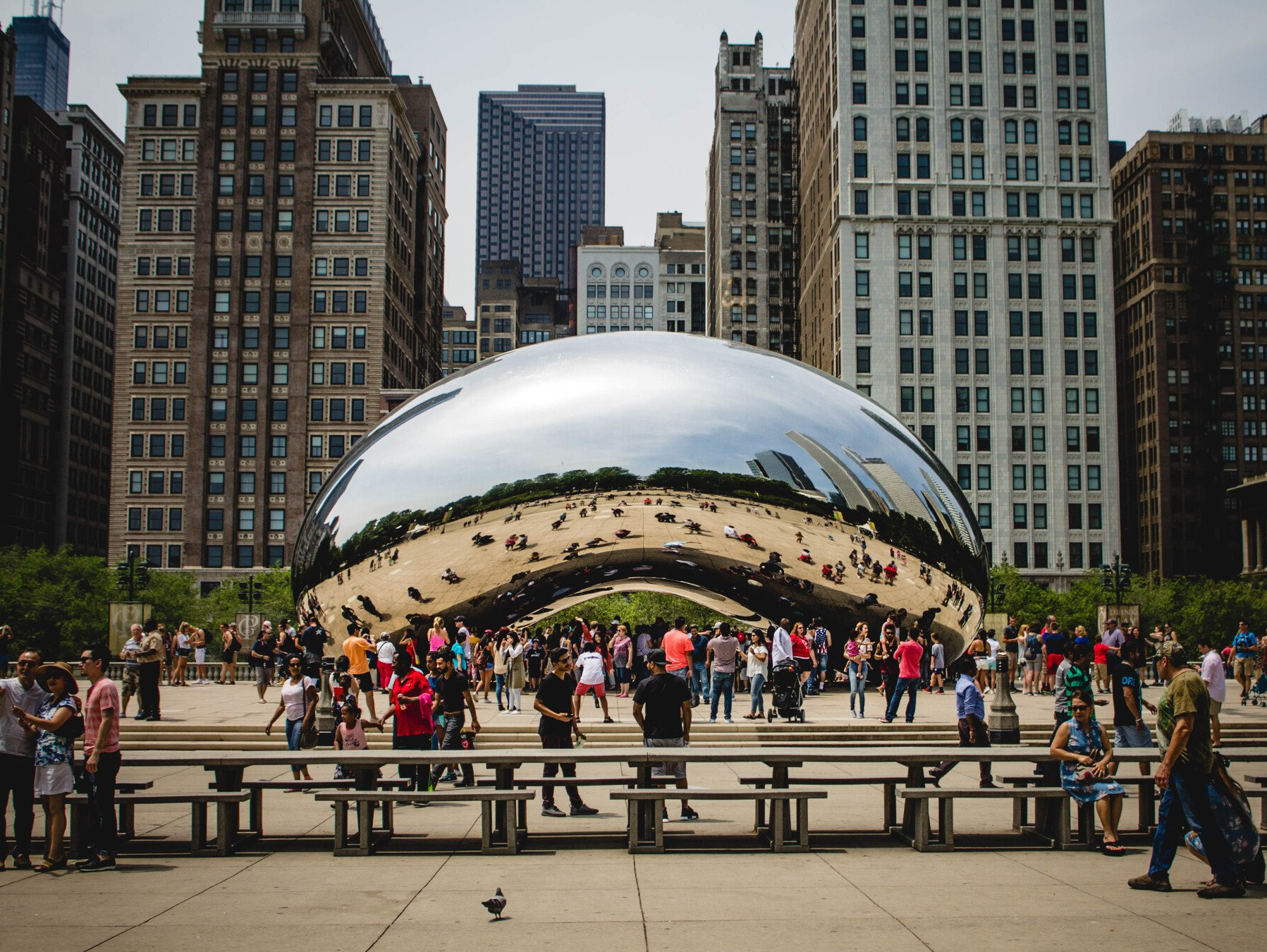Wrongful Shooting
No matter what type of citizenship you hold, you have certain civil rights that protect you from excesses by the government or its officials.
These rights are guaranteed by the US Constitution and protect you from unlawful and unequal treatment on the basis of your race, origin, gender or on such other grounds. Unfortunately, the same rights are too often violated by government actors – like police officers – who are meant to safeguard them.
Those tasked with law enforcement should be able to safely and professionally engage with the public without unnecessary violence. Therefore, where there is an unwarranted or excessive display of force by law enforcement personnel that leads to death or serious injury, it is wrongful and they can be held liable.
These excesses can range from wrongful seizures to excessive force by law enforcement officers, excessive Taser use, wrongful police shooting, restraint asphyxia, and denial of medical aid or treatment. Victims can suffer serious, life-threatening injuries or even death.
The attorneys at The Law Offices of Haytham Faraj are experienced at prosecuting wrongful shooting claims. Our civil rights and wrongful shooting attorney has successfully litigated unlawful shooting cases against Police Departments, County Sheriff's Offices and other law enforcement organizations in Chicago and around the US.
Our founding lawyer, Haytham Faraj, is a veteran in every regard. Thanks to an assertiveness imparted by the US Marine Corps and a quarter century of experience in civil rights trial advocacy, Mr Faraj is perfectly capable of ensuring that justice is done in your case. Contact us to schedule a free, no-obligation consultation now.
Free Consultation
We will get back to you as soon as possible.
Please try again later.
When Does Wrongful Shooting Occur?
Unless it is absolutely necessary, for instance to preserve their own lives or others around them, it is wrongful for police to shoot or use lethal force. Wrongful shooting describes the use by law enforcement of (lethal) force, more than is reasonably necessary to accomplish their objective.
Wrongful shootings by the police are a form of misconduct, and a violation of civil rights, and the Constitution. Generally, law enforcement should only draw or use weapons as an absolute last course of action:
To protect themselves from an imminent risk of death,
To protect others from an imminent risk of death or serious injury,
Where the suspect has committed a felony demonstrating an indifference to life and limb
Using deadly force without justification amounts to excessive force in violation of the 4th Amendment to the United States Constitution.
The civil rights and wrongful shooting attorneys at The Law Offices of Haytham Faraj are experienced at investigating police shootings to determine if any use of deadly force will amount to a civil rights violation.
Rights of Americans Against Wrongful Shooting
Being a victim of a wrongful shooting means that your civil rights were violated, and that you are entitled to compensation. Under the law, the victim or his survivors may be able to file a civil lawsuit for damages, lost companionship, pain and suffering, and others.
It’s not enough that a suspect is escaping or fleeing – that is not legal justification for an officer to shoot. Instead, courts look to several factors to determine if officer shootings are objectively reasonable.
If your loved one was wrongfully shot by officers, then you have a cause of action under 42 U.S.C 1983. This allows citizens to sue the government for violations of civil rights and prohibits the violation of constitutional rights by people acting under color of law, such as police officers.
These officers will seek protection under “qualified immunity”, and claim that the force used was proportional or justified. So, to recover, plaintiffs need to show more than the officers were just negligent or didn’t do their job properly. Instead, plaintiffs must show that the officers knowingly violated an established constitutional right.
In shooting cases, that generally means demonstrating that the officers knew they were dealing with someone who did not pose a threat to themselves or others, but the officers opened fire anyway. For example, if officers know that a suspect they are dealing with is unarmed, handcuffed, or otherwise doesn’t pose a threat, but the officers shoot the suspect anyway, they will have a very difficult time arguing that their actions are protected by qualified immunity.
Securing Compensation for Wrongful Shooting
If you or a loved one fell victim of a wrongful shooting, you may be entitled to damages, including medical bills, lost wages, pain and suffering, emotional distress, punitive damages, and your attorney fees and costs.
If you were wrongfully shot or tased, you should know that you are protected by federal law and the U.S. Constitution. The Fourth Amendment prohibits unreasonable searches and seizures, which includes excessive force. A federal law called 42 U.S.C. 1983
In police shooting cases, plaintiffs may claim under Illinois state law, or under federal law pursuant to the United States Constitution alleging that the officer violated their civil rights. Plaintiffs may also pursue both actions.
A federal claim brought under 42 U.S.C. § 1983, may cite several constitutional violations caused by the wrongful shooting, including;
Excessive force (4th Amendment)
- If the victim posed no immediate threat of death or serious bodily injury at the time; he/she may claim that the shooting was excessive and unreasonable.
Denial of Medical Care (4th Amendment) – that is, following a shooting, the officers knew that failure to provide prompt medical aid to the victim could result in further significant injury, but ignored doing so.
Inadequate training (Municipal Liability) – that the city’s training polices were not adequate to train its police officers to handle such usual and recurring situations.
Contact our Experienced Civil Rights and Wrongful Shooting Attorney Today
Wrongful shooting cases involve complex legal standards and require substantial proof to succeed. You must act quickly. Making a complaint to the police department can be a waste of time since they will protect themselves and may even compromise your case.
If you want justice for your wrongful shooting, you should retain an experienced civil rights and wrongful shooting attorney to represent you. Our wrongful shooting attorneys have the experience and expertise necessary to secure justice for you and your loved ones. Contact our attorneys for your free case evaluation, or call us at 312-635-0800 (Chicago) or 323-902-0730 (Los Angeles).
Claim What You Deserve
Book A FREE Consultation
About Us
Copyright © 2021 The Law Offices of Haytham Faraj. All rights reserved.



